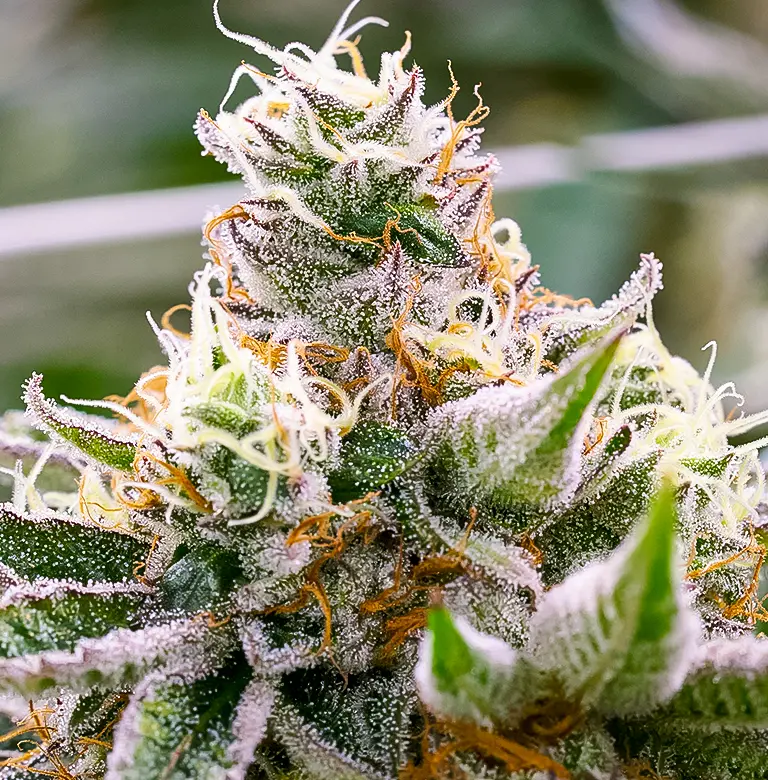Get Your Medical Marijuana Card Clinton MS Quickly and Conveniently
Get Your Medical Marijuana Card Clinton MS Quickly and Conveniently
Blog Article
Shedding Light on What Medical Cannabis Can Heal: an In-Depth Evaluation of Its Restorative Features
In recent years, there has actually been an expanding interest in the healing potential of medical marijuana. While unscientific proof abounds, a complete exam of the scientific information regarding the efficiency of medical cannabis in dealing with these conditions is warranted.
Chronic Discomfort Administration
Chronic discomfort management stays a critical facet of healthcare, requiring a detailed method for reliable therapy. In recent times, medical marijuana has arised as a possible therapeutic alternative for individuals dealing with persistent pain conditions. The endocannabinoid system, which plays a vital role in pain inflection, has actually been targeted by cannabis-based treatments to ease symptoms and enhance lifestyle for patients.

In addition, clinical cannabis supplies an appealing choice for individuals who experience excruciating adverse effects from standard pain medications. Its ability to attend to discomfort via a different system makes it an important addition to the arsenal of therapies readily available for chronic discomfort management.
Epilepsy Treatment Prospective
Medical cannabis has shown appealing capacity in the treatment of epilepsy, using an unique restorative method for handling seizures in people. Epilepsy is a neurological disorder identified by recurrent seizures, impacting people of all ages. Standard treatments for epilepsy include antiepileptic medicines, but these drugs may not be effective for all people and can have considerable side results.
Study on using medical marijuana for epilepsy has disclosed encouraging results. Cannabidiol (CBD), a non-psychoactive substance discovered in cannabis, has actually been especially highlighted for its anticonvulsant residential or commercial properties. Researches have revealed that CBD can lower the frequency and extent of seizures in clients with treatment-resistant forms of epilepsy, such as Dravet syndrome and Lennox-Gastaut disorder.
Furthermore, the FDA has authorized a CBD-based drug, Epidiolex, for the treatment of seizures connected with these severe kinds of epilepsy. This milestone underscores the expanding acknowledgment of clinical cannabis as a beneficial healing choice for taking care of epilepsy and gives wish for individuals who have not reacted well to conventional therapies.
Nausea Or Vomiting Alleviation Conveniences
The alleviation of nausea or vomiting via using cannabis has actually been progressively acknowledged for its restorative advantages in numerous clinical problems. Nausea or vomiting and throwing up are typical signs experienced by people undertaking radiation treatment, those with food poisonings, and people with chronic pain conditions. Medical cannabis, with its active substances such as THC and CBD, has revealed promise in providing remedy for queasiness.

Furthermore, medical cannabis supplies an all-natural alternative for people who do not respond well to conventional anti-nausea drugs or who experience extreme adverse effects from these medications. People undertaking chemotherapy, specifically, have actually reported significant enhancements in their quality of life when making use of marijuana to handle queasiness. As study around remains to grow, clinical marijuana is progressively being thought about as a beneficial option for queasiness alleviation in various clinical setups.
Anxiousness Decrease Impacts
Studies have demonstrated the possibility of marijuana in decreasing stress and anxiety signs and symptoms through its communication with the endocannabinoid system. The endocannabinoid system plays a critical function in controling feelings, consisting of stress and anxiety, by maintaining homeostasis in the body. Cannabinoids in marijuana, such as THC and CBD, interact with the endocannabinoid receptors in the brain, specifically the CB1 and CB2 receptors, to regulate anxiety-related why not try this out actions.

Patients with problems like generalized anxiousness condition (GAD), social stress and anxiety disorder, and post-traumatic anxiety disorder (PTSD) might take advantage of the anxiolytic residential or commercial properties of cannabis (Medical Marijuana Doctor Clinton MS). However, more study is required to identify optimum does, distribution approaches, and long-term impacts on stress and anxiety management.
Prospective for Swelling Control
With its known anti-inflammatory residential or commercial properties, cannabis has actually revealed promise in possibly controlling swelling within the body. Inflammation is the body's all-natural response to injury or infection, however when it becomes persistent, it can add to numerous illness such as joint inflammation, inflammatory digestive tract disease, and even cardiovascular disease. Research suggests that the cannabinoids found in marijuana, such as THC and CBD, can help lower and regulate the immune feedback swelling.
Research studies have shown that cannabis can interact with the endocannabinoid system, which plays a critical duty in managing swelling. By targeting the cannabinoid receptors, marijuana compounds can modulate the immune feedback, resulting in a reduction in inflammation degrees. This makes cannabis a potential candidate for managing inflammatory conditions where conventional therapies have failed.
In addition, cannabis-derived products like CBD oil have actually obtained appeal for their anti-inflammatory properties, with several individuals utilizing them as a natural solution for conditions connected with swelling. While even more research is required to fully recognize the systems behind marijuana's anti-inflammatory effects, current searchings for reveal encouraging results for the prospective usage of medical marijuana in managing swelling.
Conclusion
In conclusion, medical marijuana has shown promising healing buildings in managing chronic discomfort, treating epilepsy, easing queasiness, minimizing anxiety, and controlling swelling. Its prospective benefits in numerous clinical conditions highlight the significance of additional research and exploration into its medicinal usage. The proof recommends that clinical cannabis might be a beneficial alternative treatment website link choice for patients looking for relief from an array of problems and signs and symptoms.
In current years, medical marijuana has actually emerged as a potential therapeutic choice for individuals experiencing from persistent pain conditions.Medical cannabis has revealed encouraging possibility in the therapy of epilepsy, using an unique healing approach for managing seizures in patients. As research study in this area proceeds to expand, clinical marijuana is increasingly being considered as an important alternative for nausea alleviation in numerous clinical setups.
In final thought, clinical cannabis has revealed promising therapeutic properties in managing chronic discomfort, treating epilepsy, alleviating queasiness, reducing anxiety, and managing inflammation. The proof suggests that clinical marijuana could be a beneficial choice therapy alternative for clients seeking relief from a variety of conditions and signs.
Report this page